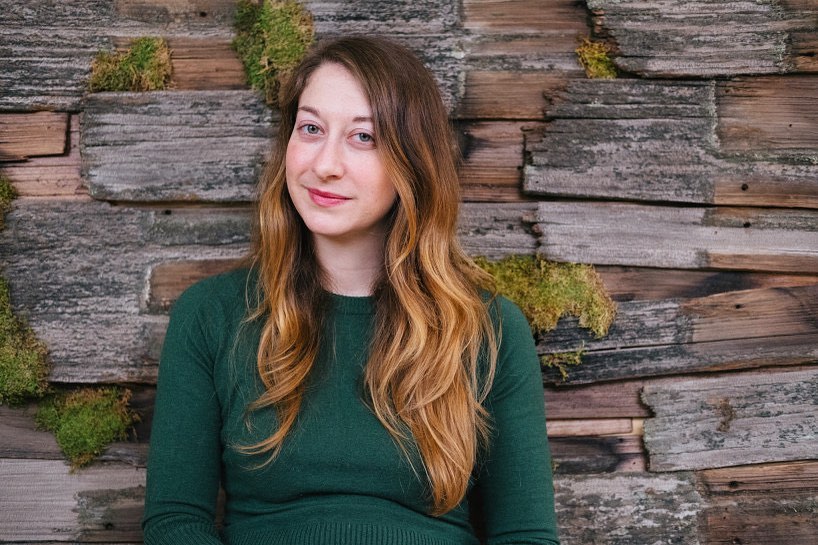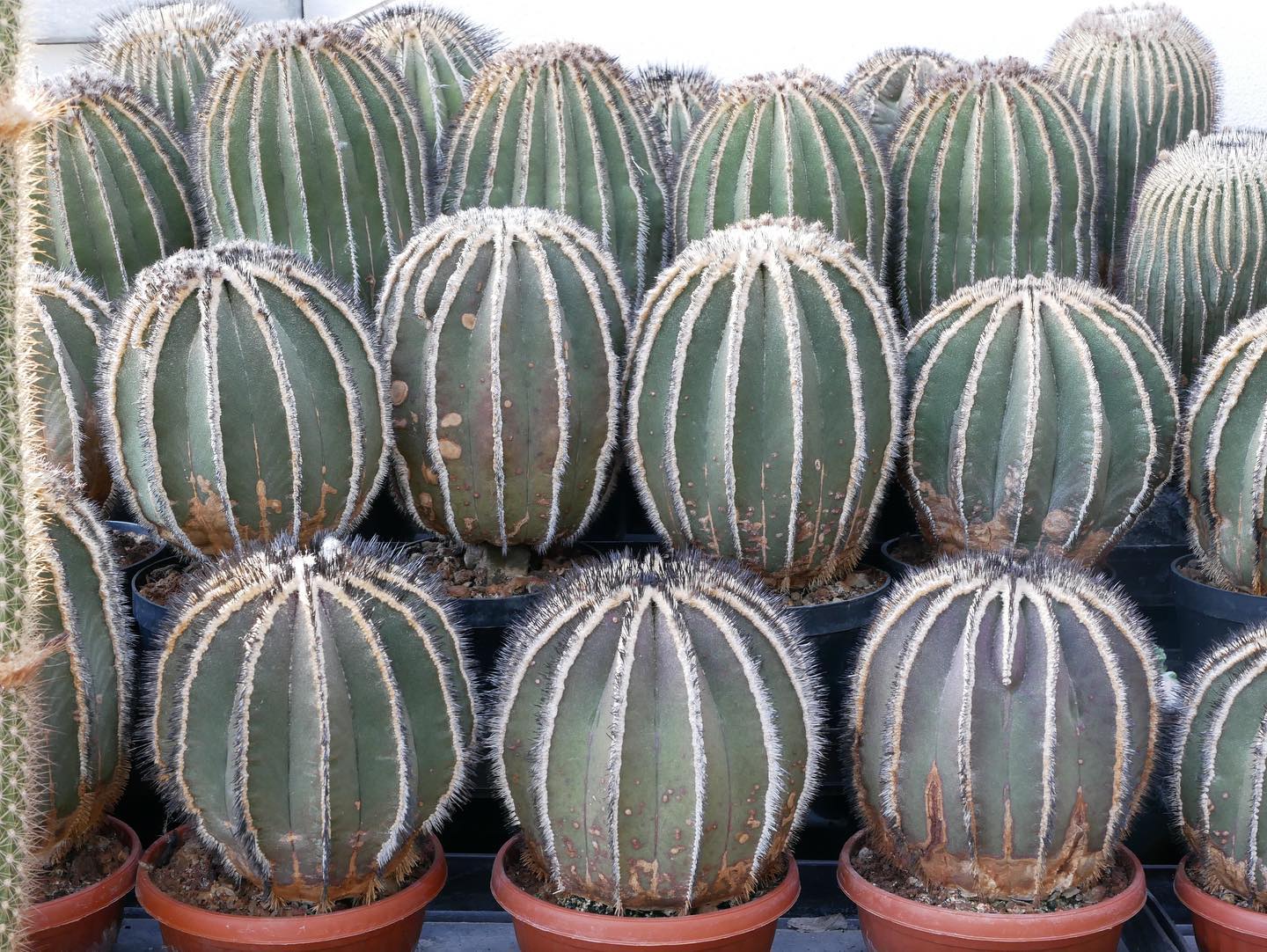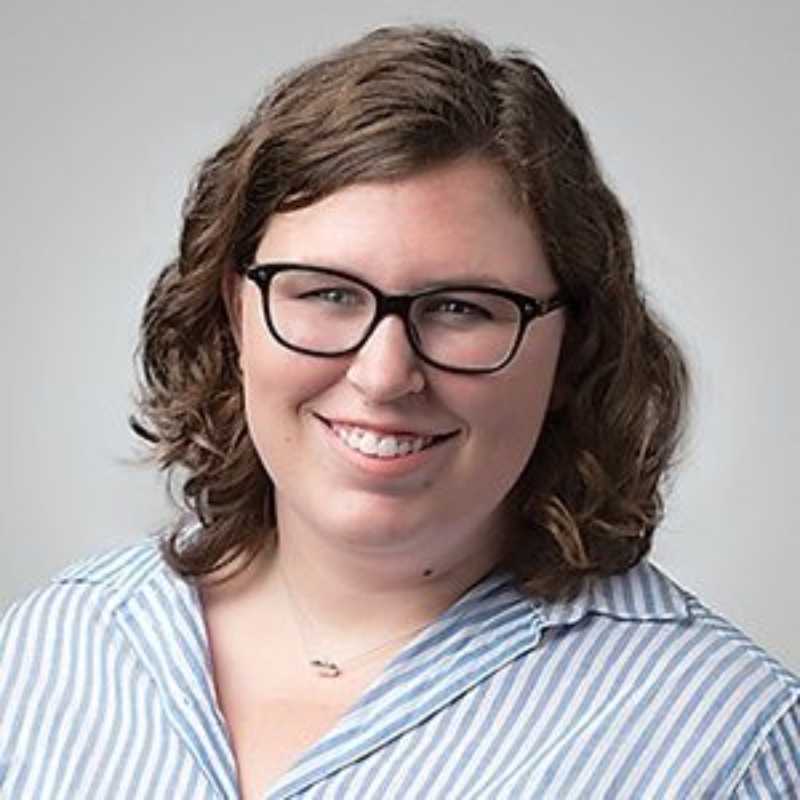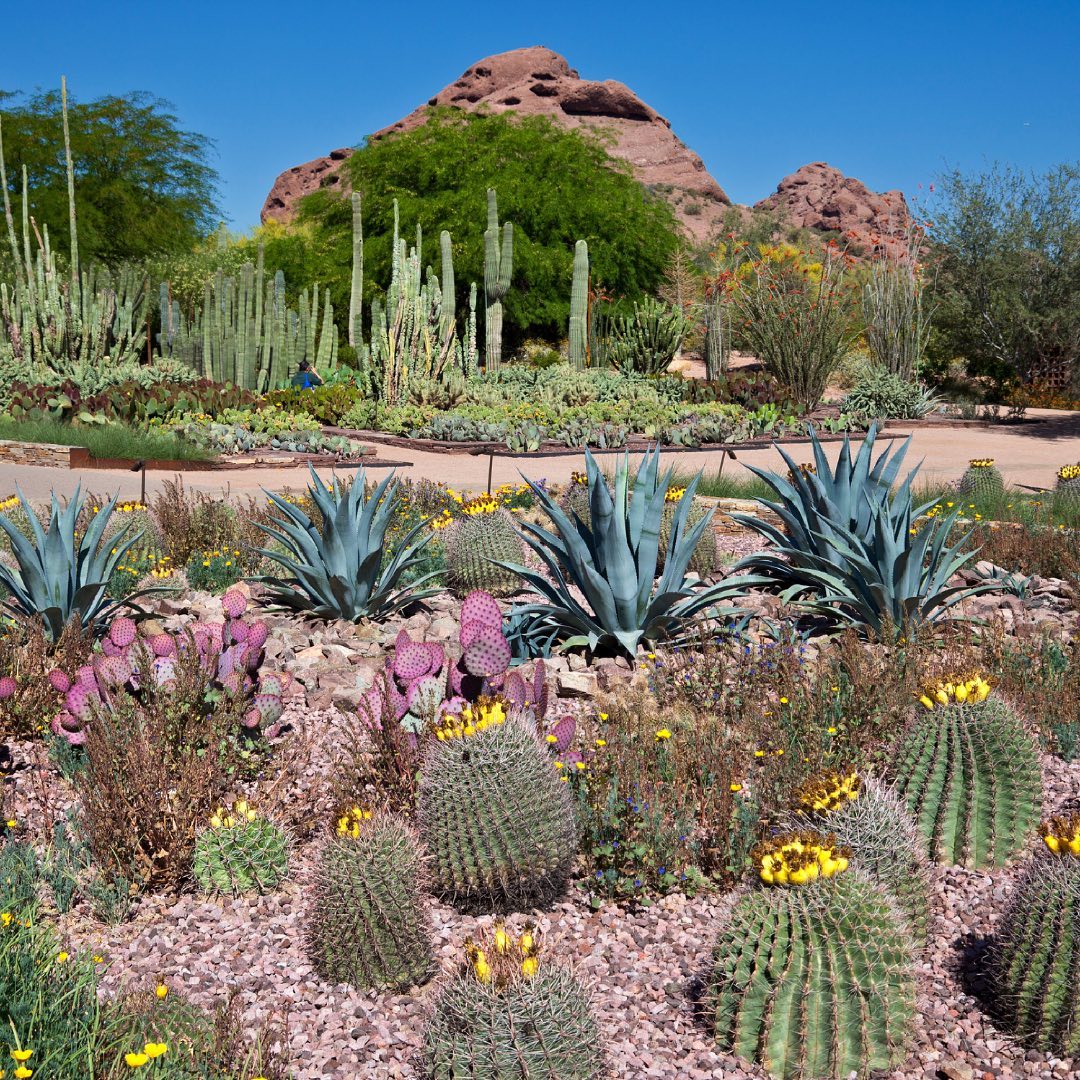
When hundreds of poached cactuses were recently trapped in limbo between Italy, where they were discovered, and Chile, where they had been removed from their natural habitat, B. Willow owner Liz Vayda felt she had to step in to help.
As chronicled in a recent New York Times story, cactus traffickers had poached more than a thousand rare cactuses from the Chilean desert, valued at more than $1.2 million on the black market, and shipped them abroad—only for them to be confiscated in Italy.
Yes, there is a black market for plants, and it’s only growing according to experts. Driven by social media and a surging interest in houseplants, more and more habitats are being scoured for rare and desirable species, leading to a growing problem with the poaching of cacti and succulents.
Vayda, who holds a master’s degree in environmental science, has been aware of the problem for a few years. She first connected with Dr. Jared Margulies—a Goucher and UMBC alum and plant trafficking expert—prior to opening B.Willow. The friends began having talks about the rapidly progressing problems with illegal cacti in 2018.
“He approached me to talk about my experience with cacti specifically,” she says. “He let me know that there are people poaching cactus. At that time, you really weren’t hearing anything about it, and it blew my mind. With Jared bringing up the illegal cacti trade, it started to dawn on me, ‘You’re a player in the horticultural industry, and there are people doing very bad things within this industry.’”

It drove Vayda to not only examine her own processes—making sure she was sourcing her plants from reliable, ethical purveyors—but also advocate for better conservation of these popular plant species.
Now, through a partnership with the International Union for Conservation of Nature’s Cactus and Succulent Plants Specialist Group and Desert Botanical Garden, B. Willow is promoting conservation and combating the illegal plant trade from Baltimore.
Through educational efforts, such as informational blogs and guest lectures, and fundraising via portions of sales and donations, Vayda hopes to make an impact on both conservation itself and people’s understanding of the issues affecting our plant populations.
“Plants are more endangered and at risk than mammals and other animals, yet the proportion of funds going towards plants is exponentially less,” she says. “So there’s a lot of gaps within the conservation funding world. And it’s the simple fact that we relate more to animals and we’re more blind to plants.”
She’s right. As the Times noted, more than 30 percent of cacti species are endangered, but little is done to combat the collection of these vulnerable plants. The underfunding of their conservation is so critical that, when it came time to return the stolen Chilean cacti from Italy, a $3,600 shipping bill became the insurmountable obstacle. It was eventually covered by the IUCN, a Milan botanical garden, and Vayda, who donated $950 raised from event ticket sales and portions of plant purchases.
While the main drivers of the illegal cacti trade are hardcore rare plant collectors—who increase demand for old, slow-growing varieties that are plucked from the wild—Vayda says that the average person can still take active steps toward mitigating their damage by making sure they are buying responsibly. She also suggests contributing funds to organizations working to protect cacti and succulents.
“I think the best thing people can do is support companies like us who are taking a stance and being very transparent about how we are funding conservation efforts,” she says. “But also financially supporting those groups themselves. Just the thousand dollars that we raised through a Bernie Sanders approach, small amounts of money, to see that it can make an impact is just crazy. I think people see conservation as something that takes millions of dollars, but it’s not always the case.”
She says buyers should also feel encouraged to ask more questions, especially about rare plants. If you are purchasing a species that is not widely cultivated, it could be problematic. It is also important to buy from reputable retailers. While many rare species can be found online via Etsy or Ebay, sellers often are not licensed by the USDA—with some even explicitly stating that their plants are “buy at your own risk” transactions that do not include proper legal paperwork.
Vayda is also looking to join forces within the horticultural industry. She is in early conversations about establishing industry standards for sourcing and growing, eventually hoping for something akin to certified organic foods or fair-trade labels to make it easy to identify sustainably sourced products for consumers.
But even that has its hurdles. Certifications can be inaccessible to small growers who cannot afford the extra expense. To help with that, Vayda envisions a collective effort among boutique plant businesses.
“What if we had a concerted effort, some sort of pledge, some sort of standards that we could all operate within so that we’re accountable to each other, but then we also are pooling information so that we can all be more ethical with our sourcing?” she says. “I think there’s just so many ways for this to go, but right now, there’s nothing happening. We have to figure out how to bring awareness, first and foremost.”
Beyond that, Vayda says the other thing that could help shape a brighter future for these endangered plant species is further study and advocacy. She sees many young people come through B. Willow who are enthusiastic about plants and hope to someday open their own shop to share that passion with others. And while that path toward connecting people to nature is one Vayda followed herself, she hopes others will consider a more scientific approach.
“If I have a second career, that’s the direction I would want to go in,” she says. “The world needs more botanists. We need more people studying. That could be so motivating for people who are like, ‘I love plants. I want to make a difference.’ On one hand, I’m happy with what I’ve done, and I’m grateful, but I’m also aware of the fact that I am in a trade that is potentially doing adverse things to the environment. We need more people to see the need to go in that direction with their love of plants.”

